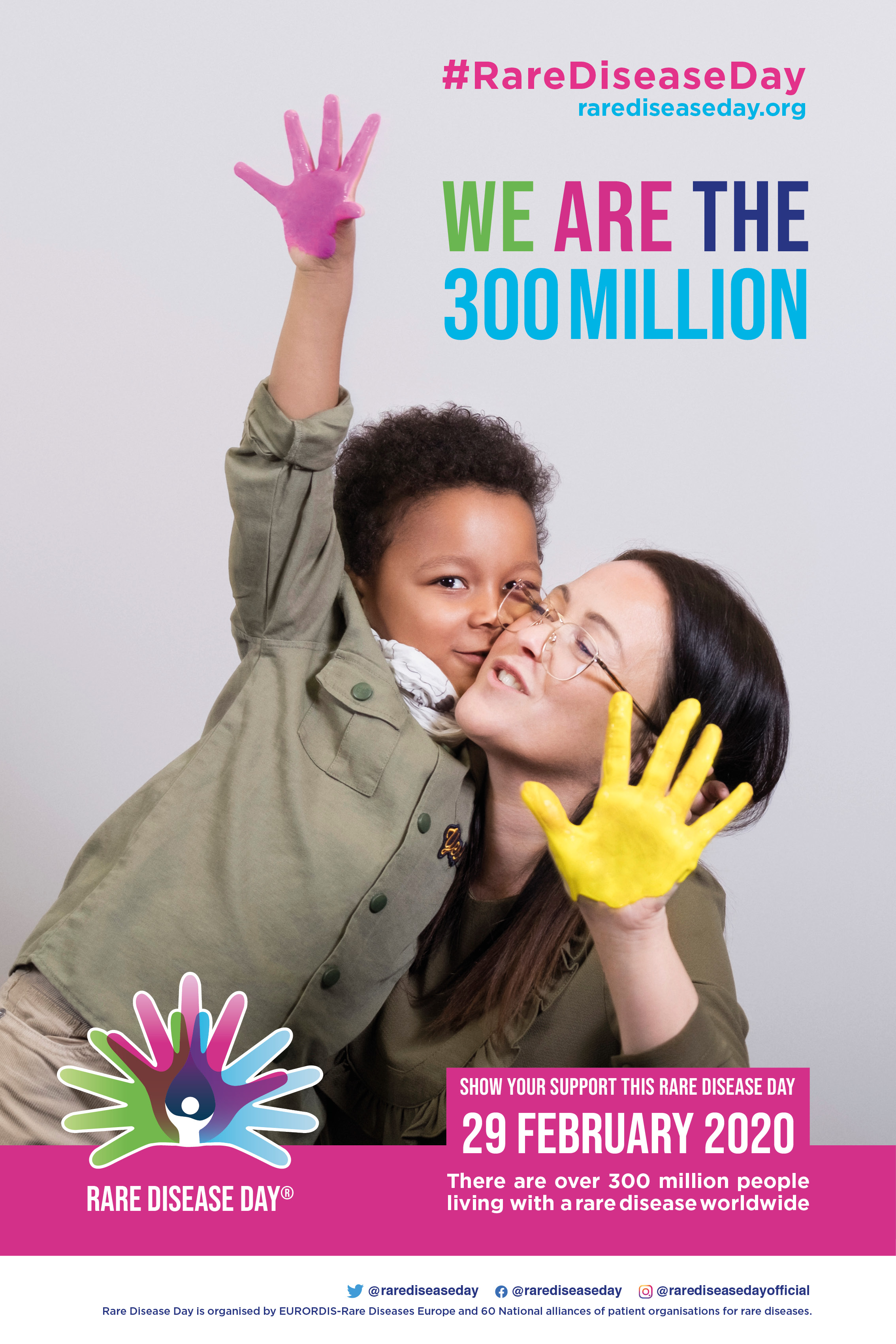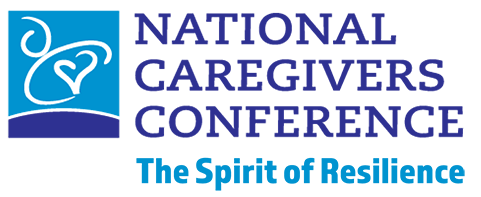If you are a caregiver of a loved one with a medical diagnosis, many organization's already provide dial in helpline, telephone and online supports, including:
The Alzheimer's Association's - 24/7 Helpline 1800.272.3900
Click here to view more organizations
Shortly the County Caregiver Support Program will start offering telephone and online programs. These will be announced via the County's Caregiver Blog and eNewsletter. To receive these announcements, subscribe today!
Montgomery County is working diligently to ensure County residents are safe and receive care during this medical crisis.
Click here to view Montgomery County's Coronvirus Resources











